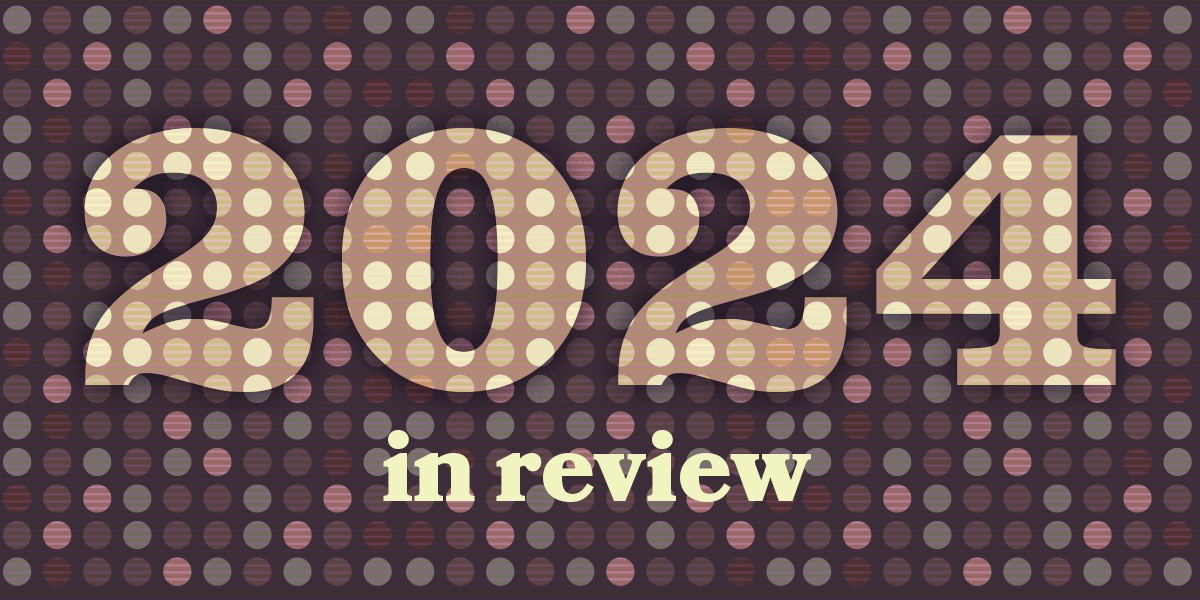Throughout this year, online rights protection has been a hot topic in the political landscape of the United States, driven especially by the advancement of the Kids Online Safety Act (KOSA). This bill, which was approved by a large majority in the Senate in July, has raised serious concerns among advocates of freedom of expression and privacy. However, its momentum has been stalled in the House of Representatives, where it faced strong opposition led by groups such as the Electronic Frontier Foundation (EFF).
The KOSA, first introduced in 2022, would allow the Federal Trade Commission (FTC) to take legal action against apps and websites that do not implement adequate measures to restrict young people’s access to certain online content. Throughout the year, the project has undergone various amendments and versions, but critics argue that fundamental issues related to censorship and invasion of privacy have not been fully addressed.
One of the most prominent criticisms revolves around the vague “duty of care” requirements that the KOSA would impose on online services. These regulations could lead to the implementation of age verification systems and content restrictions that would affect minors’ freedom of expression. There is a fear that the KOSA could lead to a censorship regime that limits access to valuable information for young people, including resources to help them navigate challenging situations.
The young people that the project is said to protect have expressed their discontent. According to a survey conducted by the EFF, thousands have highlighted how social networks are vital for their learning and sense of community. A 15-year-old teenager expressed that access to these platforms has been essential for their personal development, warning that the KOSA would represent a significant setback in their freedoms.
Despite recent versions of the KOSA incorporating modifications, opponents insist that these changes do not address the central censorship issues. The amendments proposed in the House of Representatives have only made superficial alterations, leaving concerns about the law’s application to the large platforms that dominate digital discourse untouched.
Recent efforts to adjust the KOSA have sparked similar criticisms, as they do not guarantee effective protection of users’ opinions. The latest modifications still allow broad interpretations that could result in greater restrictions on the availability of online content.
Pressure for the KOSA to be approved continues, and advocates for freedom of expression are preparing to persist in the fight in 2025. With the possibility of age verification requirements being implemented on platforms, concerns about user privacy intensify. Amid this debate, it remains to be seen how to balance the interests of child protection with the fundamental rights of free expression in the digital environment. The EFF has thanked its followers for their commitment to this cause and has reaffirmed its dedication to defending privacy and freedom online in the coming year.
Referrer: MiMub in Spanish











